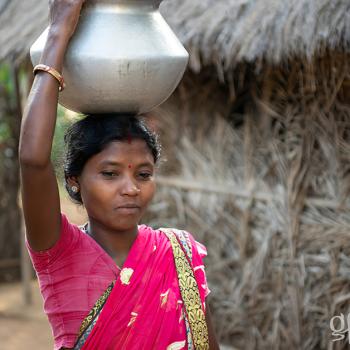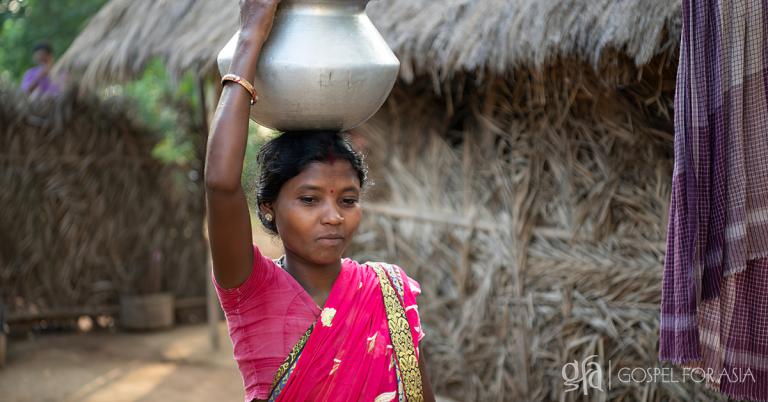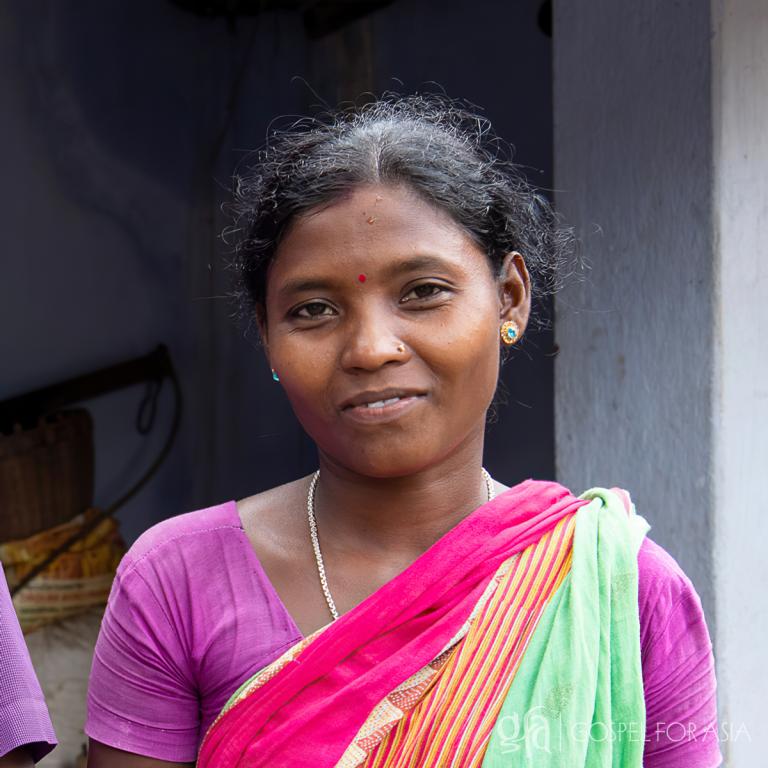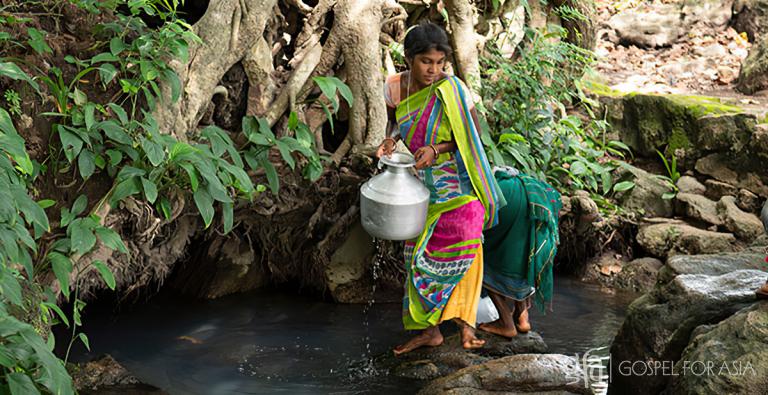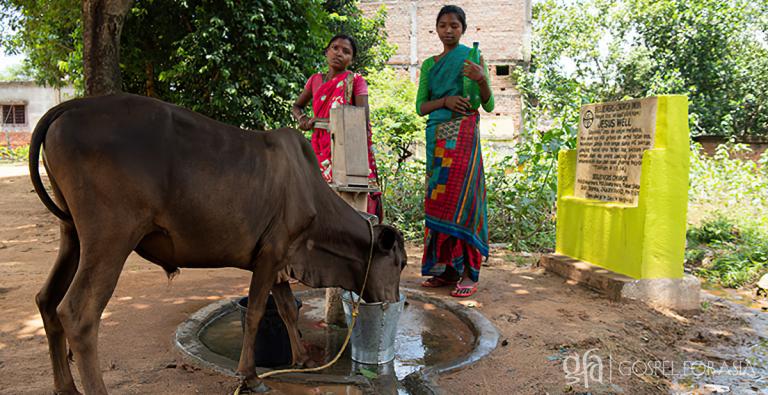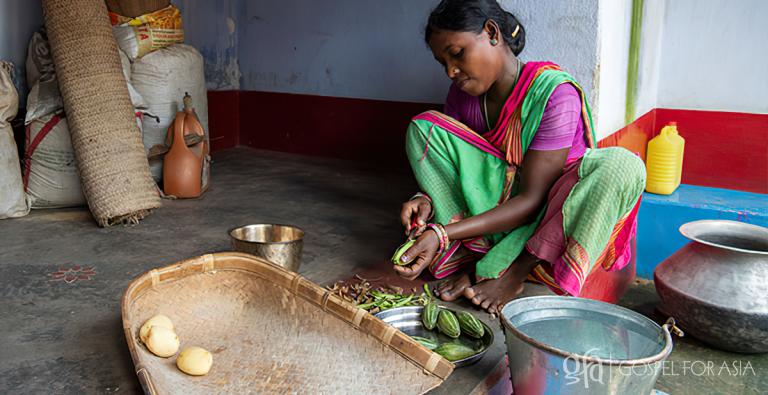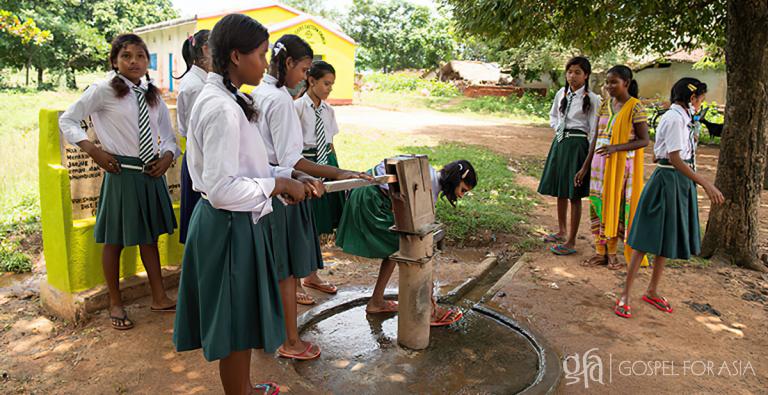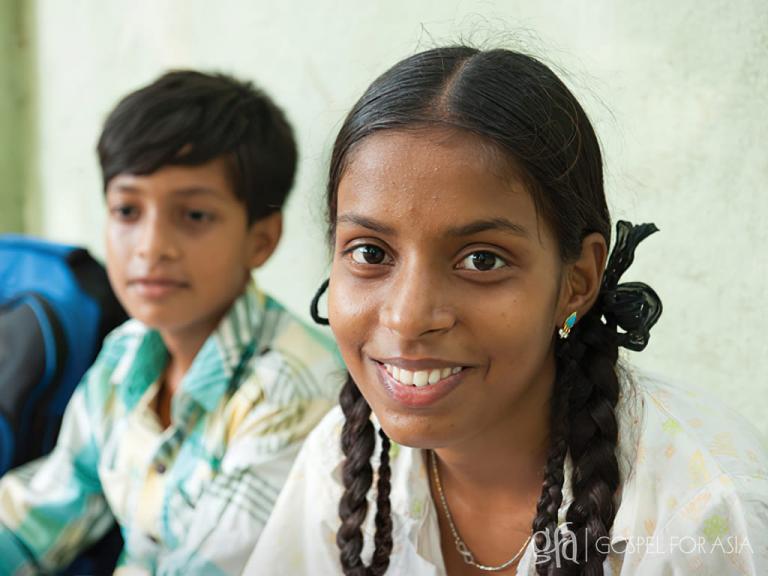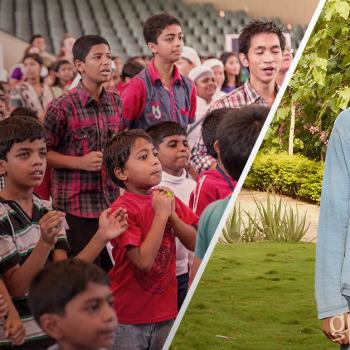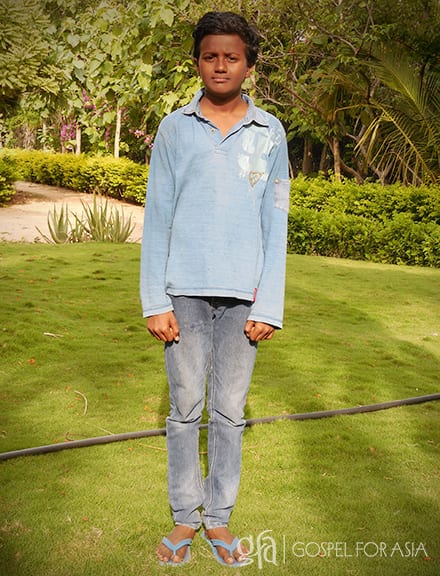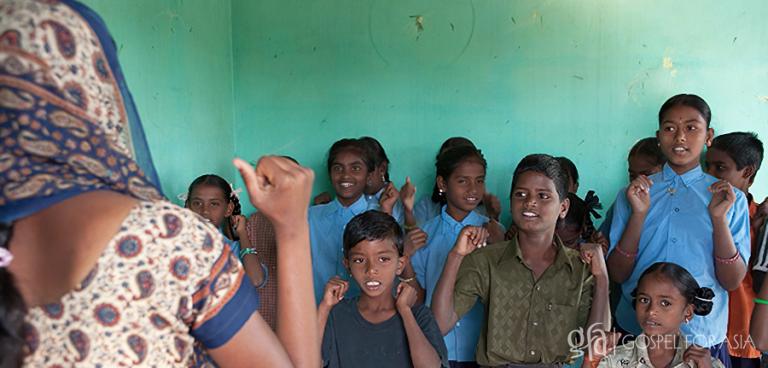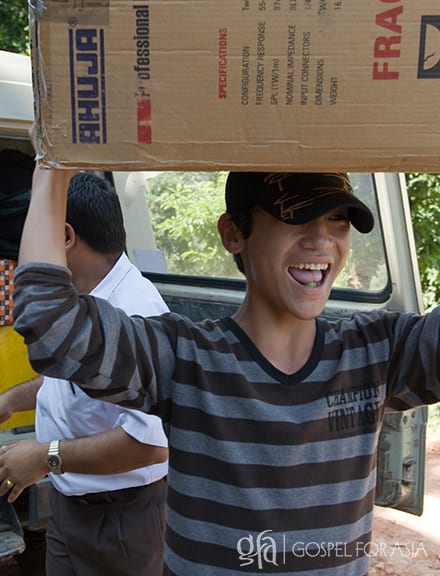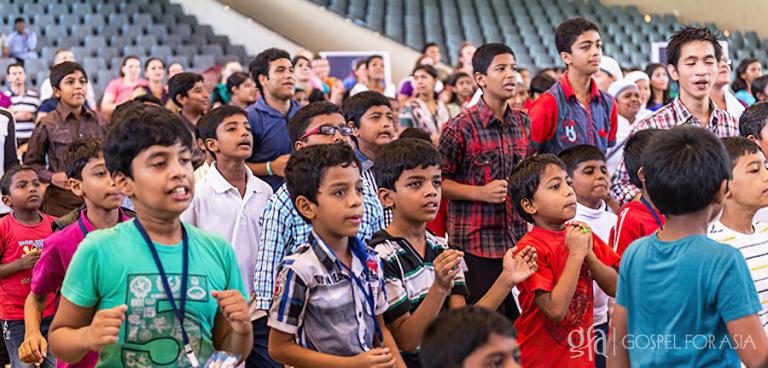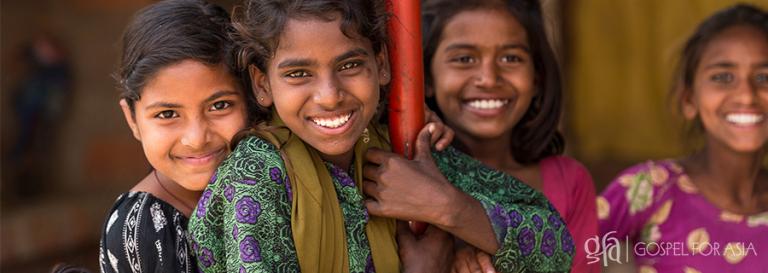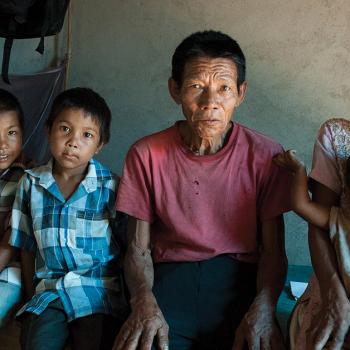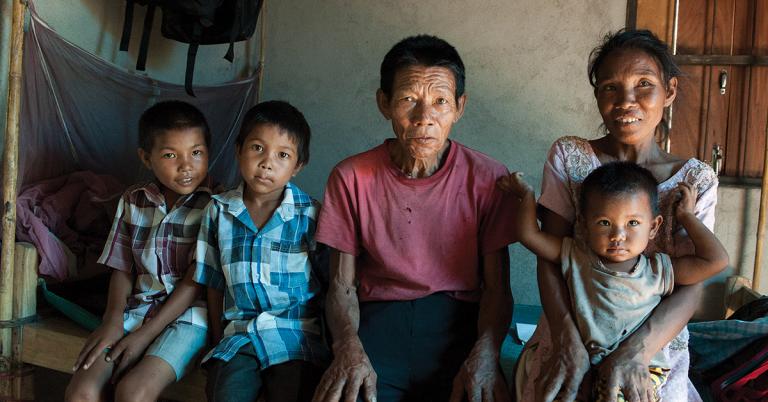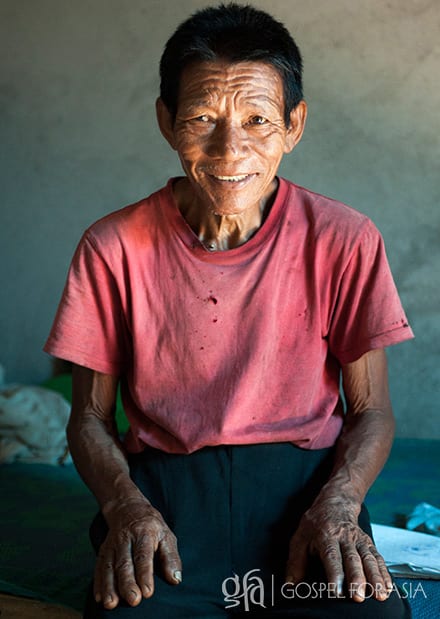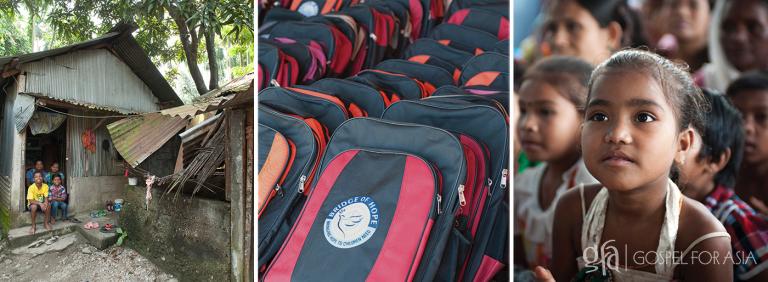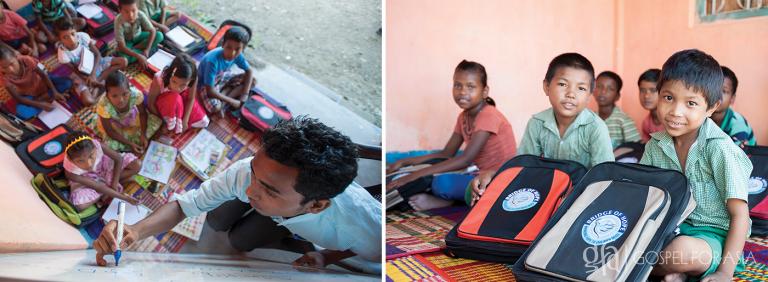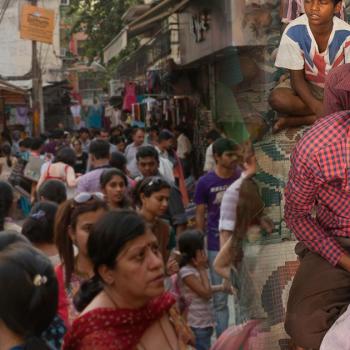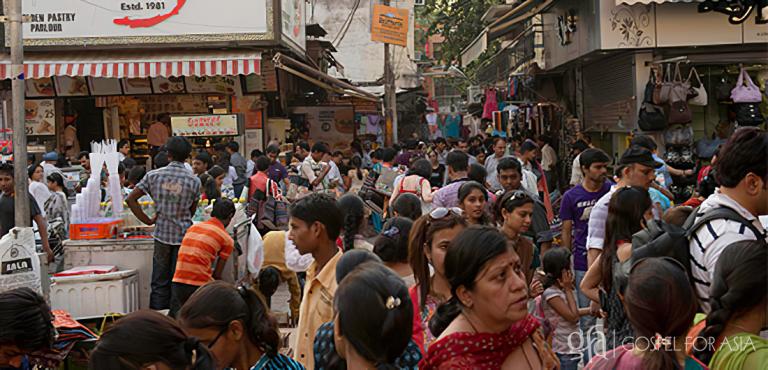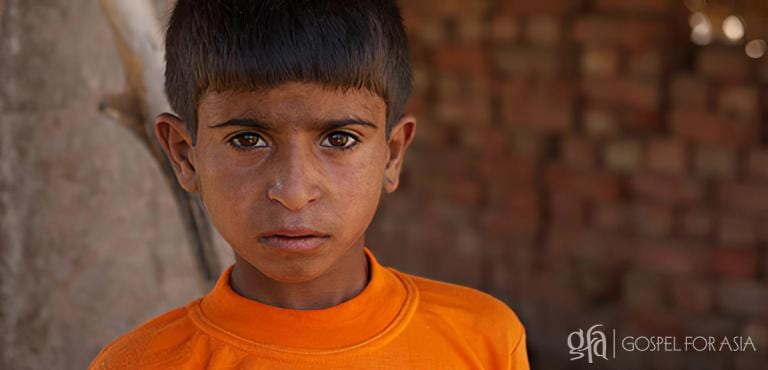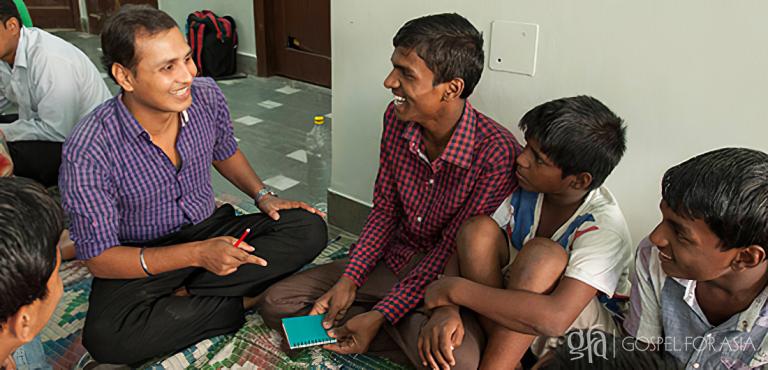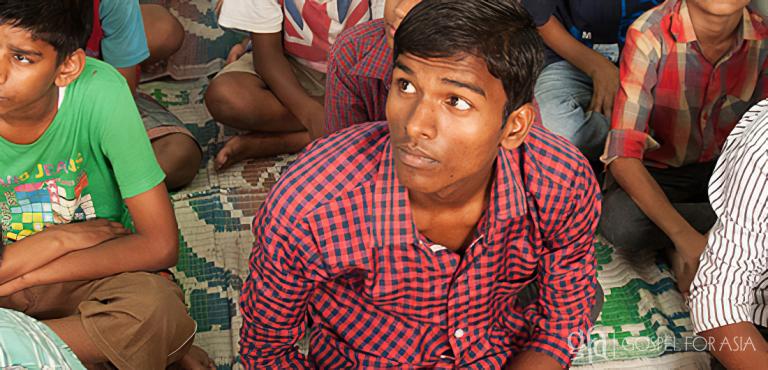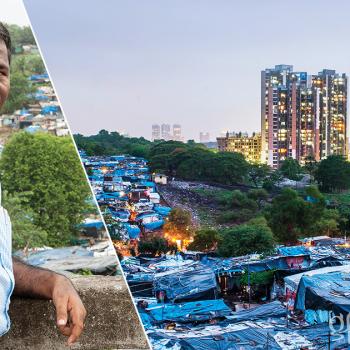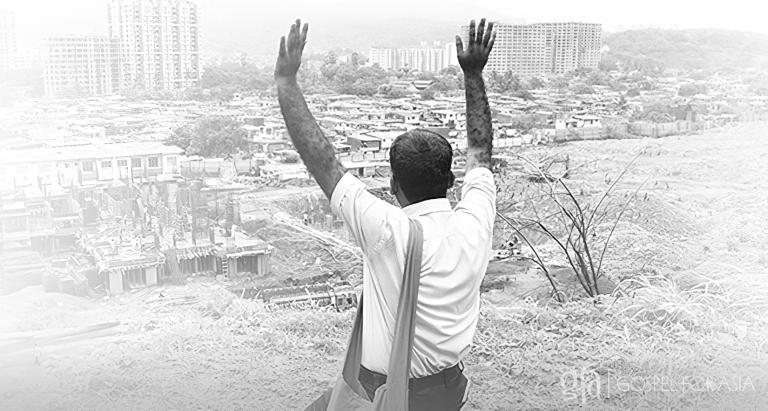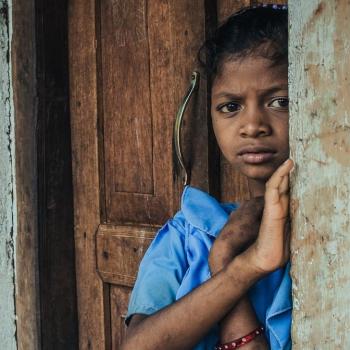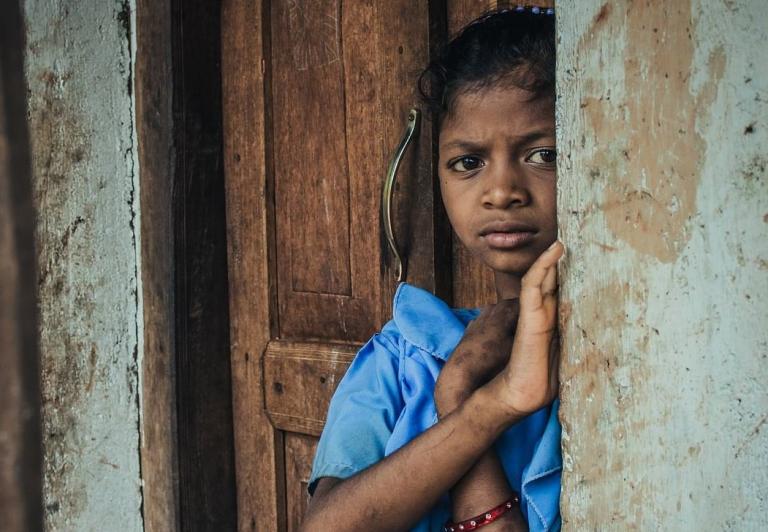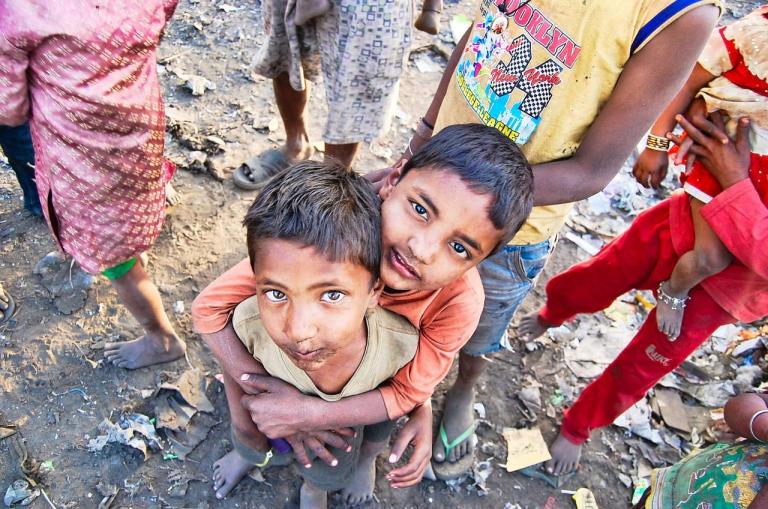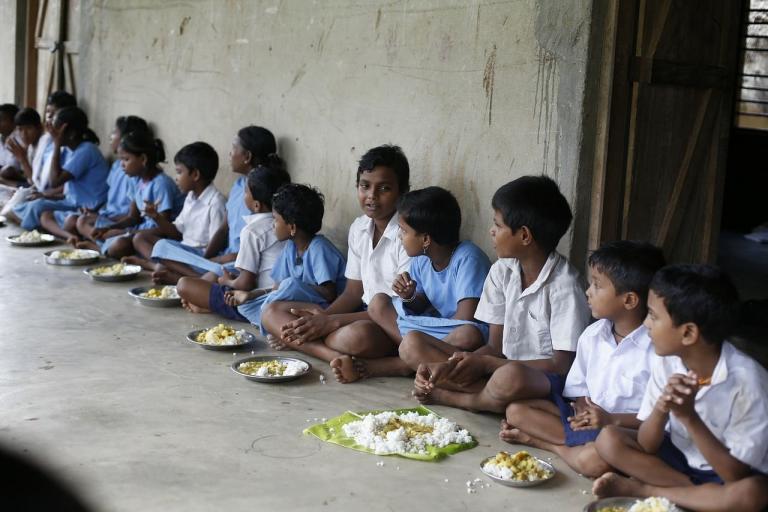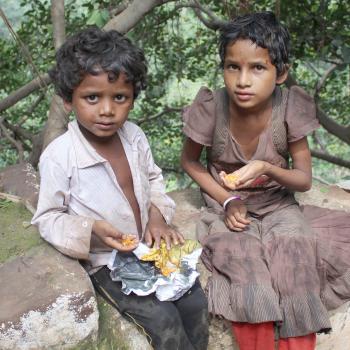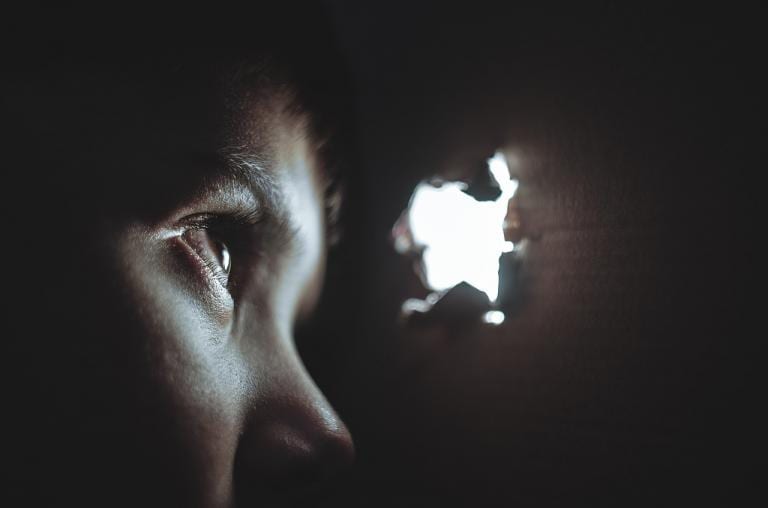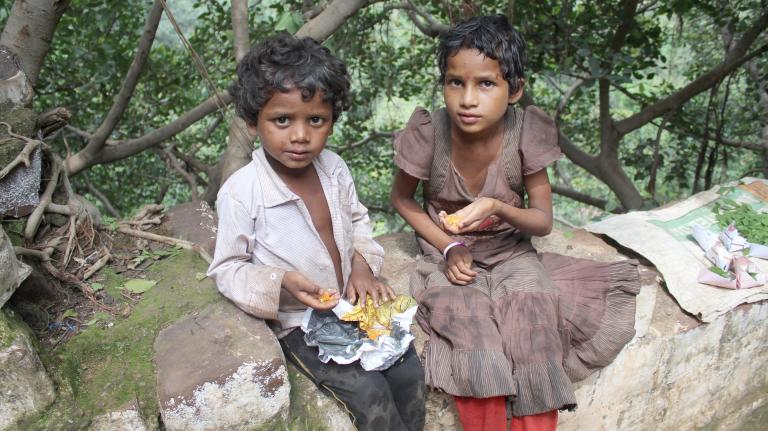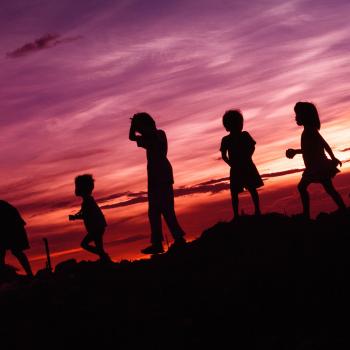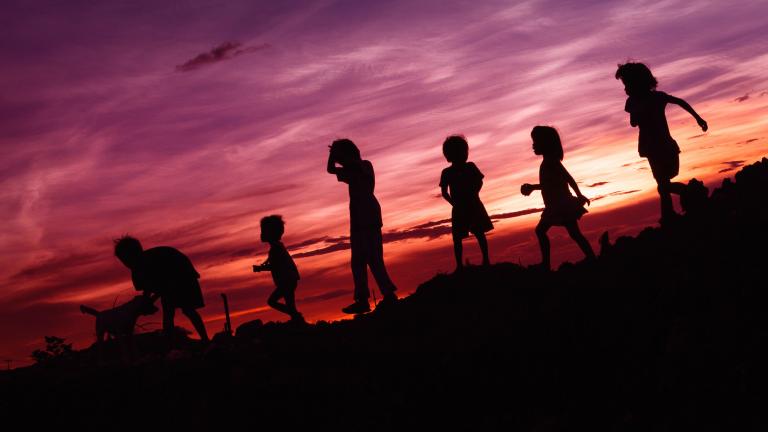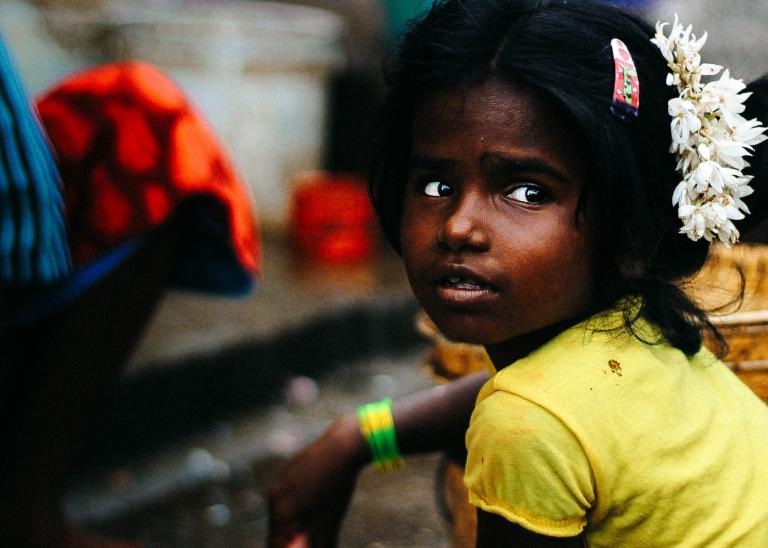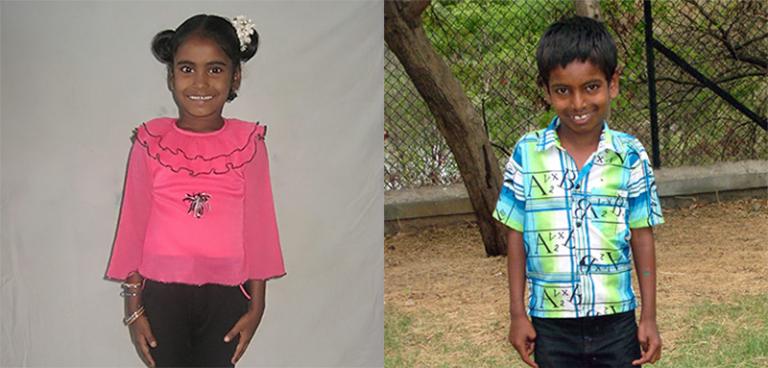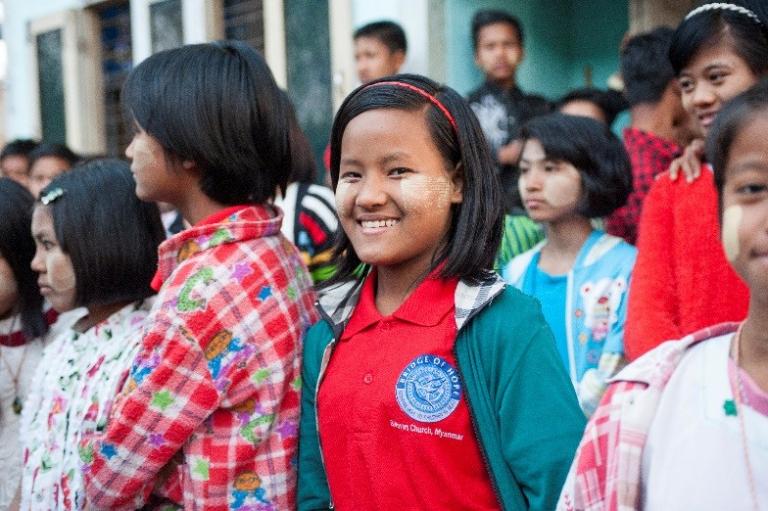WILLS POINT, TX – Gospel for Asia (GFA World) founded by KP Yohannan, whose heart to love and help the poor has inspired numerous charities like Gospel for Asia Canada reveals a shocking new special report that followed the International Day of the Girl on October 11, that girls face greater exploitation than ever, with 650 million child brides in the world today.
As women’s rights take center stage in the U.S. and many parts of the world, the reality for millions of girls worldwide is sexual exploitation and forced marriage before the age of 13.
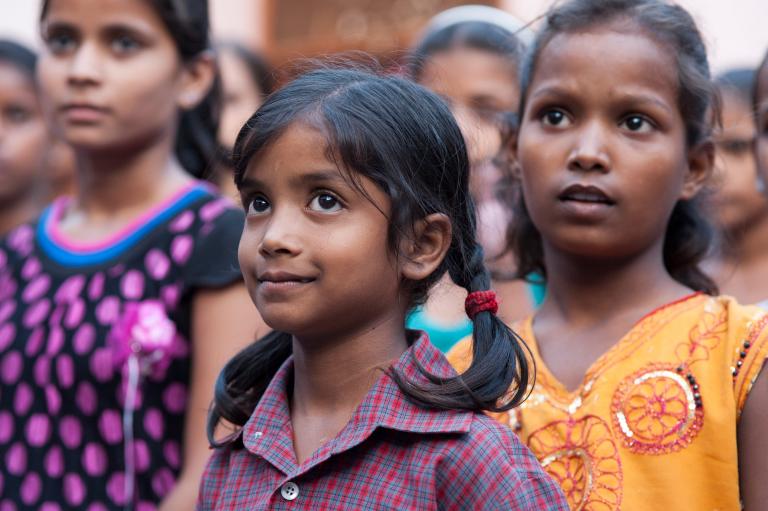
The horrific treatment of girls — including sex trafficking, sex-selective abortions, and denial of education — is exposed in a special report titled Rewriting the Tragedies of Girlhood, released by Gospel for Asia (GFA World) to coincide with the U.N. International Day of the Girl, Oct. 11.
In 2014, the kidnapping of 200 schoolgirls in Nigeria by Boko Haram terrorists grabbed the headlines, but rampant abuse of girls across Africa and Asia continues largely under the radar:
- In Bangladesh, a survey of 375 sex workers revealed nearly half of them were child brides, married as young as 11, and trafficked into prostitution
- In China, sex-selective abortions resulted in a national shortage of women, fueling demand for child brides and sex workers
- North Korean girls who escape across the border to China are forced to stay “invisible” and often end up in brothels and the cybersex trade
- Girls in Asia as young as nine are forced to perform sex acts in front of webcams, live-streamed to a pay-to-view global audience
“Globally, millions of girls — nearly double the entire U.S. population, in fact — are trapped in a web of exploitation,” said Gospel for Asia (GFA World) founder Dr. K.P. Yohannan. “Girls living in areas of political instability, conflict, or oppression are especially vulnerable to forced marriage and sex slavery.”
In China, girls are trafficked from neighboring countries, lured by the promise of jobs. Victims are forced to cohabit with men who don’t speak their language, keep them locked in tiny rooms, and rape them at will. Often, girls are beaten and drugged.
UNICEF — the U.N. children’s agency that stages the annual International Day of the Girl every October to raise awareness — estimates there are 650 million child brides globally, including women who married in childhood. Girls are often forced to marry early because their parents don’t want them, placing a far higher value on boys.
‘You Should Have Been A Boy’
One of four sisters, Ruth was treated cruelly by her father who flew into a rage when she was born. “You should have been a boy,” he later told her. When Ruth decided to go to Bible college, she knelt at her father’s feet to get his blessing. Instead, he kicked her in the face.
“While Ruth was at college, her father’s heart softened and he came to know the love of Jesus,” said Yohannan. “When she traveled home and stepped off the bus, her father ran to hug her. Change happens when people see every single girl is precious because she’s created by God in his image.”
Giving girls the opportunity to pursue education is key in the battle against exploitation and child marriage — with GFA World’s Bridge of Hope program providing schooling and safety for tens of thousands of at-risk girls in Asia.
When 13-year-old Krupa realized she was being roped into a childhood marriage, she alerted workers at the Bridge of Hope center she attended. Within minutes, “they arrived at our house like angels” and intervened to stop the ceremony, she said. Today, Krupa has achieved her goal of becoming a teacher — and married of her own choice when she was 20.
GFA World’s full special report is at https://gfa.org/special-report/child-marriage-child-trafficking-girl-problems/.
Media interested in interviews with Gospel For Asia should contact Gregg Wooding at InChrist Communications @ 972-567-7660 or [email protected]
About Gospel for Asia
Gospel for Asia (GFA World) is a leading faith-based mission agency, helping national workers bring vital assistance and spiritual hope to millions across Asia, especially to those who have yet to hear about the love of God. In GFA’s latest yearly report, this included more than 70,000 sponsored children, free medical camps conducted in more than 1,200 villages and remote communities, over 4,800 clean water wells drilled, over 12,000 water filters installed, income-generating Christmas gifts for more than 260,000 needy families, and spiritual teaching available in 110 languages in 14 nations through radio ministry. For all the latest news, visit our Press Room at https://press.gfa.org/news.
Learn more by reading these Special Reports:
- An Imaginative Exercise in Empathetic Fear — Think About Living in a Community with Missing and Murdered Indigenous Women
- Ending Violence Against Women — Using Programs and Education to Prevent Discrimination
Click here, to read more blogs on Patheos from Gospel for Asia.
Learn more about Gospel for Asia: Facebook | YouTube | Instagram | LinkedIn | SourceWatch | Integrity | Lawsuit Update | 5 Distinctives | 6 Remarkable Facts | 10 Milestones | Media Room | Tragedies of Girlhood | Endorsements | 40th Anniversary | Lawsuit Response |
Notable News about Gospel for Asia: FoxNews, ChristianPost, NYPost, MissionsBox



